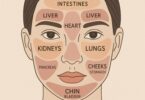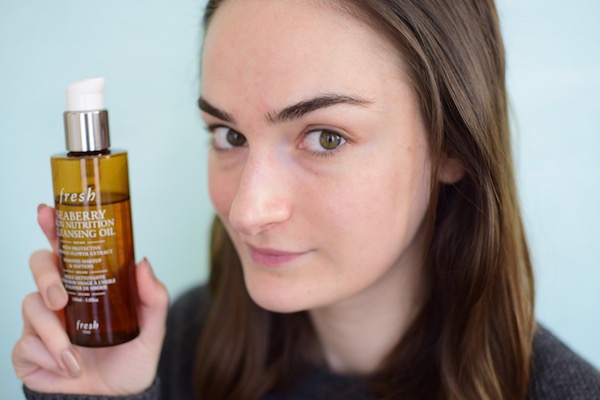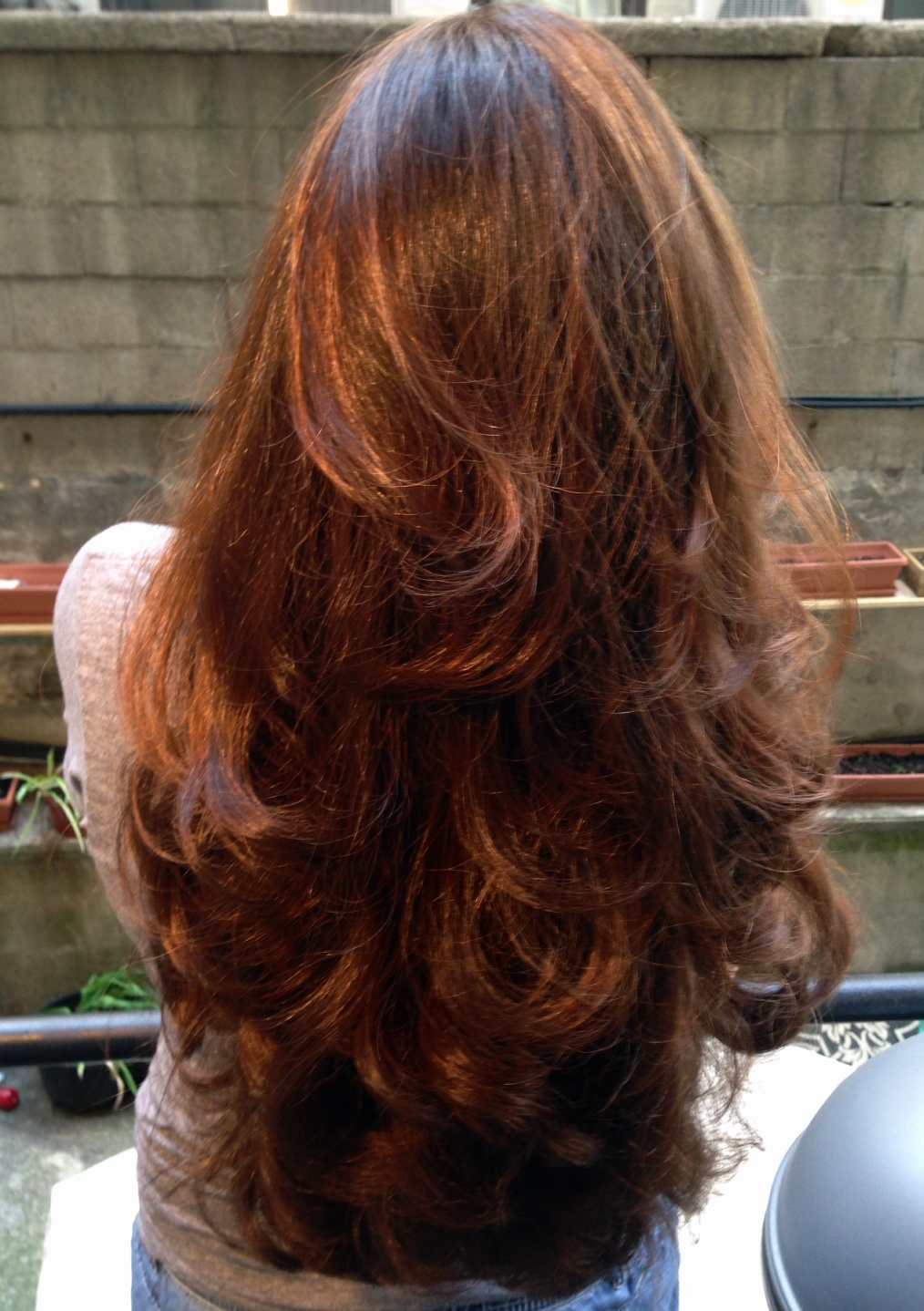If you’re wondering, permanent makeup is still anything but kosher.
I’ve been writing beauty content for major magazines over a decade at this point, and an at least fairly observant Jew for my entire 33 years (I know that’ll be called into question when this is passed around the web, so I’ll tell you now that I value shabbat, all the holidays, and keep a kosher home), so it was no surprise when the microblading trend popped up a couple years ago that my fellow Jewish girl friends in the beauty industry came to me asking if microblading was considered kosher by Jewish law. My gut instinct was that this permanent makeup trend was the bacon, egg, and cheese bagel of makeup — totally unkosher, went against all the stuff we’re taught as kids and reminded of as adults, and would make all our dead grandparents flop around in their graves. I wasn’t sure though, because I’m neither a microblading expert, per se, nor am I a rabbi, so I ran to the experts (across a spectrum of beliefs systems) to get their take on whether or not microblading is permissible by any stretch of Jewish law.
“A microblade hand tool is used to deposit ink into the skin in hair-like strokes,” shared eyebrow guru and Founder of Ramy Cosmetics, Ramy Gafni. “If you don’t do a touch-up in 3 months, microblading will last 6-8 months. If you do a touch-up within 3 months, it can last up to two years. The touch-up is also done to adjust the shape and color, if needed.”
It’s the semi-permanent status of microblading that left me perplexed in terms of kosher standing. I mean, even the most leftist Jews in America are taught over and over and over again at every Temple Emanuel, Synagogue Shalom, and B’nai Anywhere that tattoos of any kind are forbidden. Most communities go as far as teaching that you’re unwelcome to be buried in a Jewish cemetery if your body has “markings” of any kind. Obviously some Jews do, in fact, have tattoos. They’re somewhat popular in the secular communities of Israel, it’s not shocking to see a Jewish camp counselor with a yin yang tattoo on his or her upper arm, and of course, more painfully, Holocaust survivors still have numbers inked into their arms. The Jewish community typically finds a way to make sure each of these instances can be included in Jewish life and Jewish death, but if given the choice? No, nobody tells even their high-holy-days-only kids, “Sure, get a tattoo, great idea, Sarah.”
Permanent makeup of any kind seems to fall into the same category as a tattoo of just about anything else — trivial, unnecessary, and unaccepted.
“The Biblical prohibition of tattoos is pretty clear, Leviticus 19:28,” shares Conservative Movement Rabbi Avi Friedman of Congregation Ohr Shalom in Summit, NJ. “However, as modern Jews, we always have to ask ourselves what was the Torah trying to prevent people from doing? In this case, it seems as if tattoos were some form of religious expression. So, a typical modern tattoo with no religious imagery is less problematic than one which symbolizes devotion to another religious tradition. That is not an endorsement of tattoos! But, if we want to understand the widely held belief that Jew with a tattoo cannot be buried in Jewish cemetery, which is not true, we have to understand this context.”
So, Jews can be buried with markings on their bodies, it’s just more of a problem in the more religious circles than in the less — but the issue isn’t necessarily about being buried, it’s about what we do with our time here, in life, on Earth.
https://www.instagram.com/p/BXGIo5clS-C/?tagged=microblading
“I would also add the Holocaust changed tattoos in Jewish culture. After a generation of European Jews were forcibly tattooed, how could we say that people with tattoos were somehow in violation of Jewish law? In fact, a few years ago, there was a fad of young Israelis tattooing themselves with their survivor grandparents’ number (more about that here). It was an interesting twist taking something forbidden and using it to perform the unofficial 614th commandment — to never forget.”
Microblading isn’t some poetic homage to murdered and harmed family members, though. It’s a pursuit of beauty and convenience as much as a fiberlash mascara wand, a pair of Spanx, or a dose of dry shampoo. Sure, cheeseburgers look delicious, but they’re just not for us.
“At the end of the day, if someone were to ask me if tattoos (like microblading) are permitted by Judaism, my answer still has to be no.”
Orthodox rabbis, perhaps unsurprisingly, take an even more stringent approach to the idea of marking the body.
“The question here is whether the prohibition includes temporary marks,” discusses halachically-trained orthodox rabbi, Paul ‘Feivel’ Sommer. “The answer is that since this is meant to last for a significant amount of time, many halachic authorities like Nimukei Yoseif, Minchas Chinuch, and others ruled that a long term, non-permanent mark is indeed viewed as though it is permanent, and would certainly be forbidden rabbinically, if not by the Torah itself.”
Alternatively, if you ask a Chabad rabbi, the ruling is also in line with steering clear of markings. They offer an explanation on their website about it that quotes Rashi. “The human body is G‑d’s creation, and it is therefore unbefitting to mutilate G‑d’s handiwork. It is especially unbefitting for members of G‑d’s chosen nation to mutilate their bodies. One must believe that G‑d, the greatest artisan of all, formed him or her in the most fitting way, and one must not change this form. Changing one’s body (unless it is for health reasons) is tantamount to insulting G‑d’s handiwork.”
That means even a short-lived six month eyebrow tattoo is most certainly off the table. Game over for microblading in the 5 towns, Teaneck, Boca Raton, and most of the Upper West Side of Manhattan.
It seems for now the Jewish girls of the world will have to look on as their non-Jewish friends get the easy eyebrows of their dreams, much in the same way they watch people eat shrimp with lust, except that Jewish grandparents and parents will need far more antidepressants to deal with your eyebrow tats than the time you snuck in some shrimp and dated a guy named “Chris” behind their backs.
Love this article? For more beauty, style, travel, and trending topics check out The Luxury Spot on Facebook. Like us and we’ll love you back!









